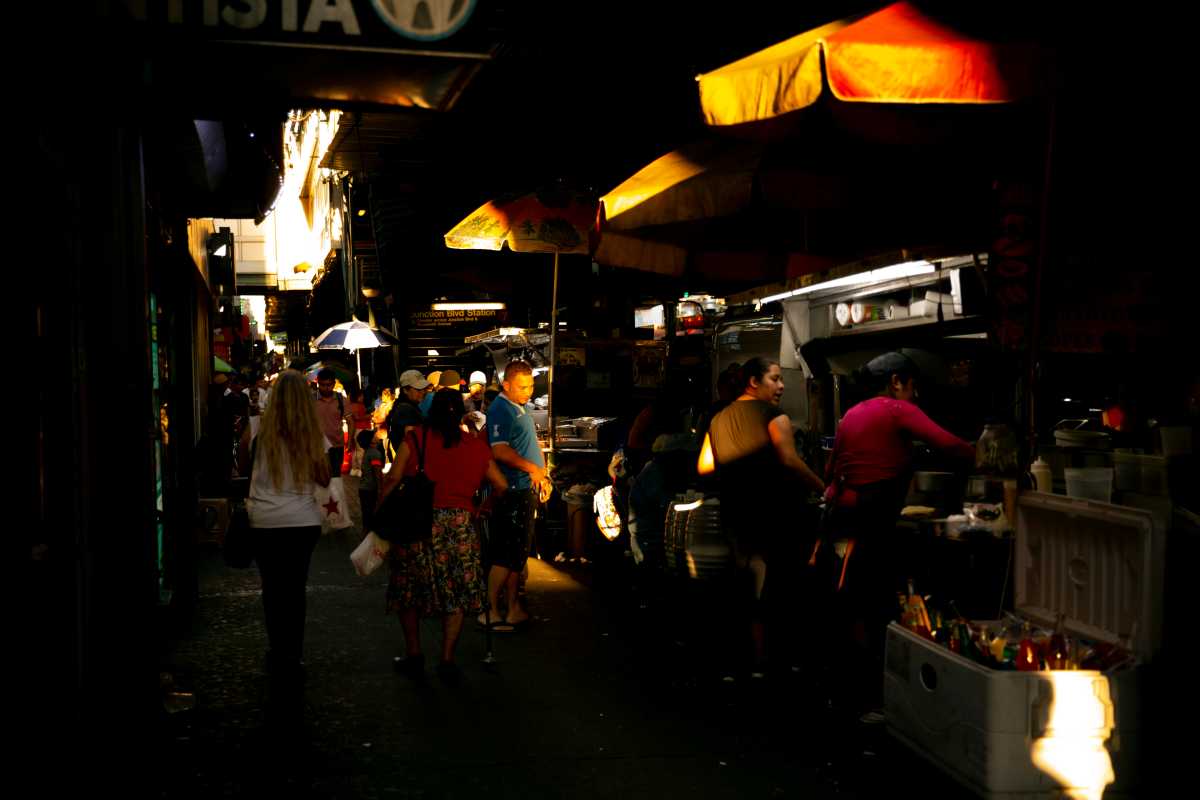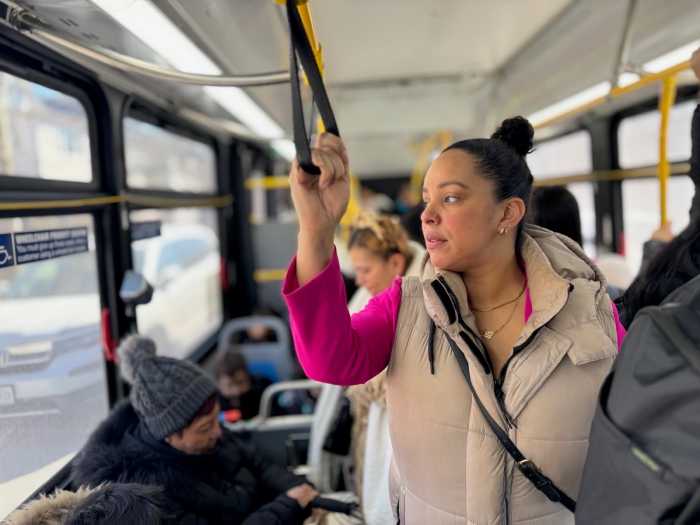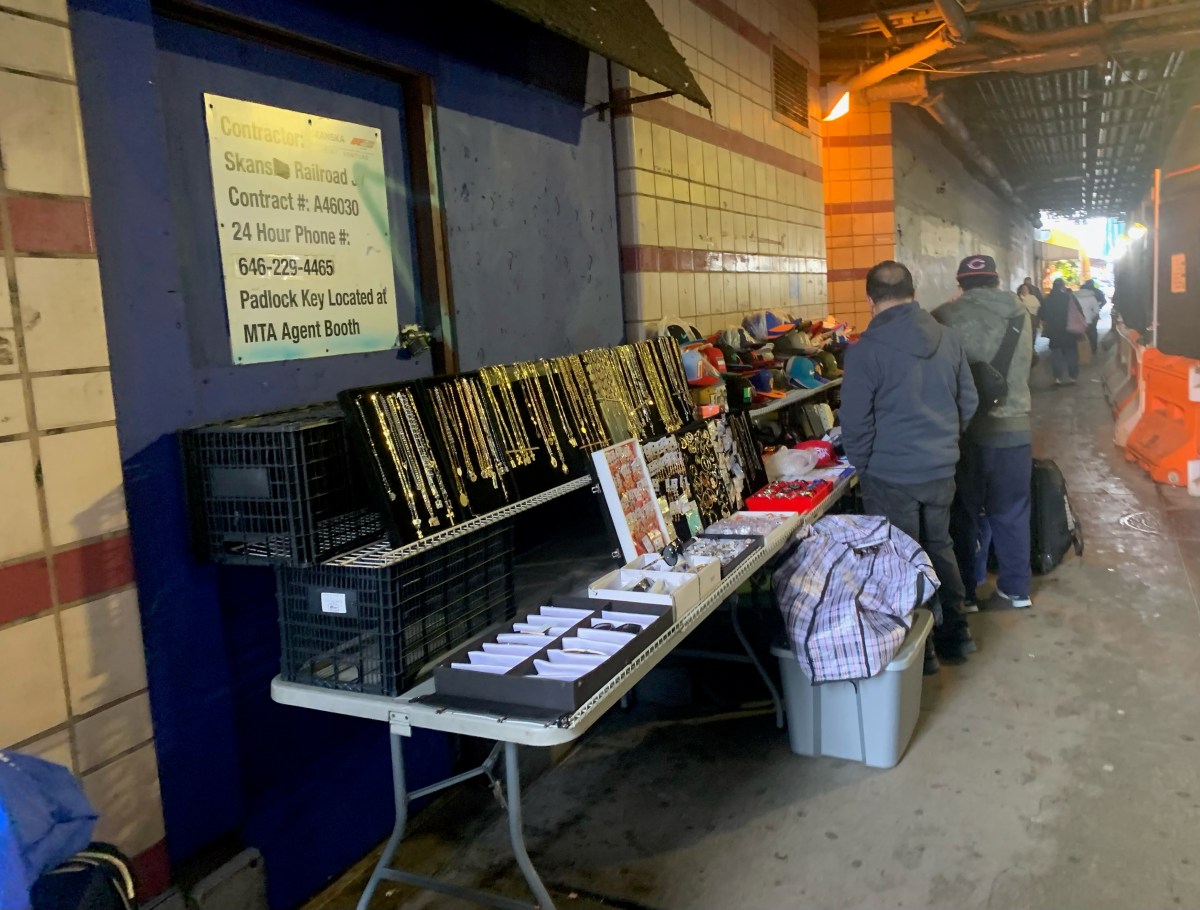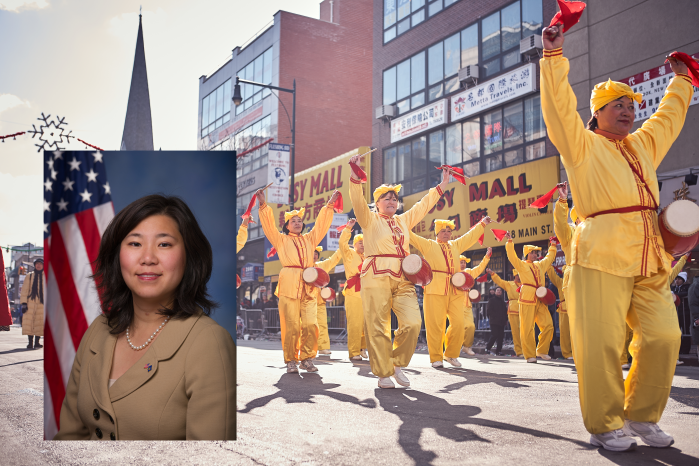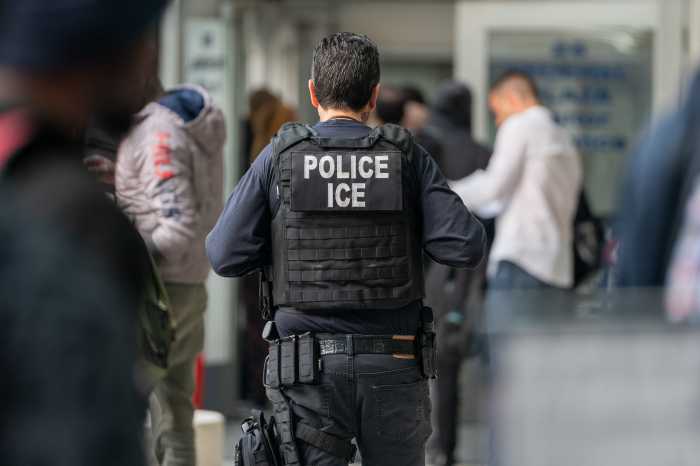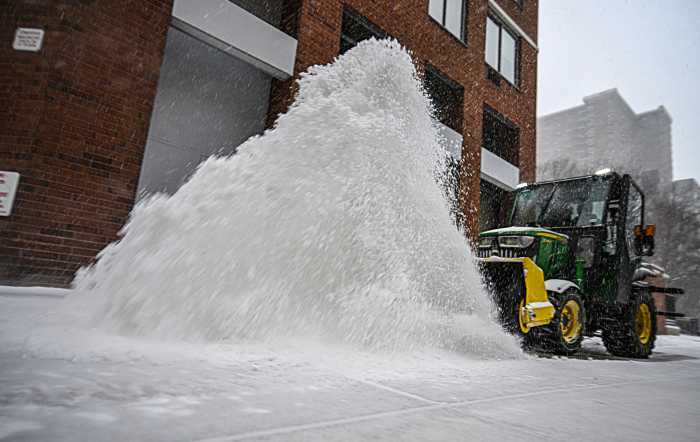Many street vendors in New York City face significant challenges from the moment they set up their stands, striving to make an honest living. With more than 20,000 food vendors operating across the five boroughs, an estimated 75% do so without a license or permit, due in large part to the city’s decades-old cap on available permits.
The limited availability of legal permits has created a persistent barrier, forcing many vendors to operate informally.
“As a result, it’s created a system where vendors are forced to operate outside of it,” said Carina Kaufman-Gutierrez, Deputy Director of the Street Vendor Project (SVP). “No matter what they do, they’re going to be persecuted. They’re going to be potentially fined, and potentially have their materials confiscated.”
In Queens—particularly in neighborhoods like Elmhurst, Corona, and Jackson Heights—street vendors have found reliable economic footing in culturally rich communities. These areas, which have some of the city’s highest concentrations of immigrant residents, are home to a wide variety of food stands offering dishes from Ecuador, Mexico, Colombia, Venezuela and beyond.
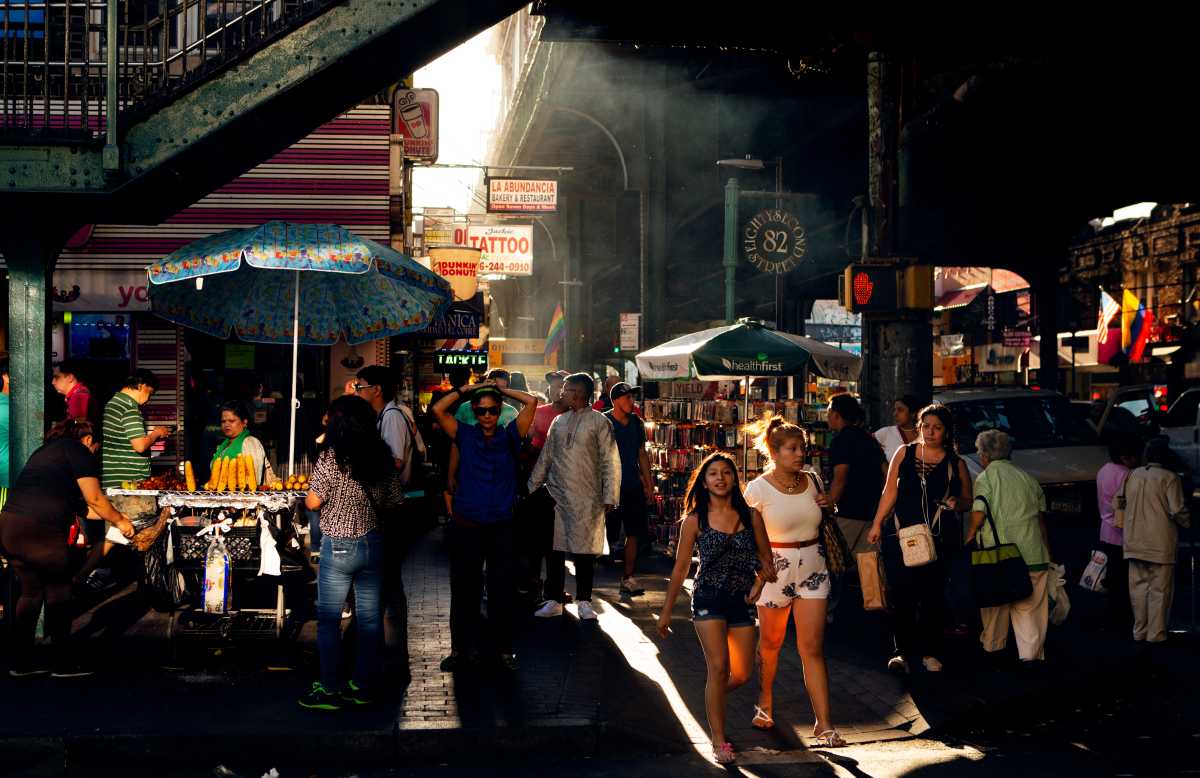
“Street vendors are what makes home,” said Kaufman-Gutierrez, an Elmhurst resident. “For a lot of us who come from immigrant backgrounds, street vending is a way of life. It helps people stay connected to their roots, while also contributing to New York City’s culture. New York City is a city of immigrants.”
Queens remains the most diverse borough in the city, with nearly half its population born outside the United States. In addition to preserving cultural ties, street vendors often serve a vital role within working-class communities. Kaufman-Gutierrez noted that in neighborhoods with high housing costs, many residents share crowded apartments without kitchen access and depend on food vendors for affordable meals.
Still, unlicensed vendors live with constant anxiety over enforcement actions, whether by the NYPD, Department of Sanitation, or immigration authorities. Kaufman-Gutierrez said that fear has taken a toll on vendors’ health, especially elderly vendors, many of whom turn to street vending because they are unable to perform more physically demanding jobs.
“Because of the constant fear of enforcement, the constant stress and anxiety that comes with it,” she said. “That changes people’s blood pressure, that changes their levels of stress. That impacts their physical and mental health as well. That is a direct result of our city’s policies. And what it means to someone who is subjected to them.”
Kaufman-Gutierrez has observed a steady police presence on neighborhood corners in Queens—a presence she says instills fear in low-income vendors rather than offering support. She believes enforcement practices disproportionately affect working-class communities and push vendors deeper into poverty.
“It’s not fixing anything,” she said. “It’s the definition of injustice. The street vending system in New York City is an intentionally broken, anti-immigrant, anti-working-class sort of policy. That does nothing to move our city forward. And in fact, is pushing us backwards.”
In May, many vendors testified at a New York City Council hearing before the Committee on Consumer and Worker Protection to advocate for the Street Vendor Reform Package. The proposed legislative package is sponsored by Council Members Pierina Ana Sanchez, Shekar Krishnan, Carmen De La Rosa, Majority Leader Amanda Farías and Public Advocate Jumaane Williams.
SVP continues to work closely with Council Members to expand support for the four bills and is campaigning through social media and press outreach to highlight the importance of reform.
“The amount of cruel treatment that our community is facing,” said Kaufman-Gutierrez. “It’s not Donald Trump that is going after street vendors. It’s New York City Council. It’s New York City’s agencies. This is an extremely local issue. We’re continuing to highlight that in order to make change.”

